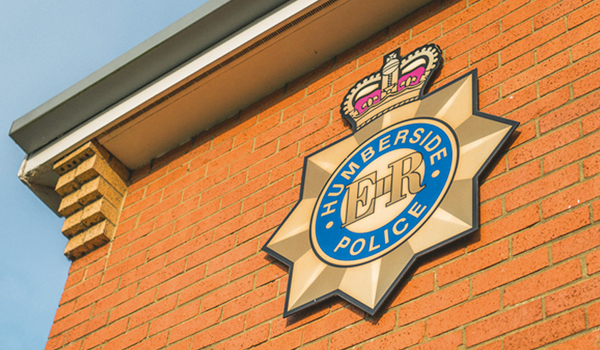West Midlands Police rolls out lapel cameras
West Midlands Police officers in Wolverhampton have been using new lapel cameras to help secure the strongest possible evidence in domestic abuse cases.

West Midlands Police officers in Wolverhampton have been using new lapel cameras to help secure the strongest possible evidence in domestic abuse cases.
Around 100 response officers have been trained to use the small body-worn video cameras and are now wearing them to all call-outs. The device is fitted to an officers jacket opposite their radio and clearly shows when the device is on and recording is in progress.
The cameras have been funded from a domestic abuse budget with a view that they will prove integral to domestic abuse trials as they can capture clear visual and audio evidence.
Inspector Phil Rogers said: Were really excited to see the launch of these cameras across the city. They have proven invaluable in other forces when gaining evidence, especially in domestic abuse incidents.
For a court to see and hear the environment that the police officer walks into is far better than any verbal description in court.
Speaking at the annual conference of the Police Federation of England and
Wales earlier this year, Home Secretary Theresa May said body-worn cameras would improve the collection of evidence by police officers.
Five police forces Hampshire, Northamptonshire, Sussex, Thames Valley and Avon and Somerset are already routinely using them, she said.
Results from Scotland suggest that evidence from body-worn cameras can increase the number of early guilty pleas to the extent that 90 per cent of suspects confronted by that evidence plead guilty early. They can also help by eliminating vexatious complaints from known troublemakers something I know causes a lot of unnecessary stress and wastes too much police time.
Hampshire Constabularys Operation Hyperion on the Isle of Wight is the first region-wide deployment of body-worn video systems. It is designed to provide the blueprint for other police forces globally to replicate the infrastructure and working practices required for a large-scale roll-out of personal issue body-worn video.
Inspector Steve Goodier, who has been leading the project, believes body-worn video is the future of policing.


